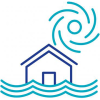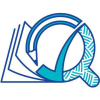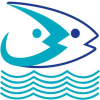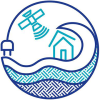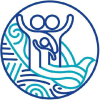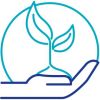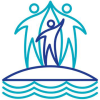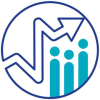Powering through the Pandemic: Completion of the region’s largest education assessment
The administration of the 2021 Pacific Islands Literacy and Numeracy Assessment (PILNA) concluded last week, following Fiji’s completion of its main study, which included the completion of assessments for sampled Year 4 and Year 6 students nationwide. A total of 952 schools participated in the 2021 PILNA across the region.
- April 4, 2022
PILNA, being the largest regional assessment in the Pacific which is administered by the Pacific Community’s (SPC) Educational Quality and Assessment Programme (EQAP), aims to capture Pacific students’ grasp of foundational literacy and numeracy skills that are vital for learning growth and active participation in society. The assessment also provides Pacific students with opportunities to provide feedback on the assessment through contextual questionnaires.
Fiji was late to conduct PILNA because of the prolonged restrictions caused by the COVID-19 pandemic. The other Pacific Island countries conducted PILNA within a five-week administration window from November 2021.
“We are most grateful for the support of all stakeholders involved to ensure the accurate administration of the PILNA assessments and contextual questionnaires,” said Torika Taoi, EQAP’s Large-Scale Assessment (LSA) Team Leader. “Without the commitment of the 15 countries’ heads of education, their national PILNA coordinators, school coordinators and test supervisors, the successful undertaking of this regional research would not be possible. Countries’ PILNA teams, especially the professionalism of its national coordinators and school coordinators, were the key drivers of this research, and hence they deserve full credit for ensuring the accurate and timely administration of PILNA.”
The LSA team worked closely with the PILNA administration teams across the region to ensure country coordinators were fully equipped to administer the assessments in localised contexts, as well as incorporate innovative tools to accommodate the impacts of the COVID-19 pandemic.
“We held a series of virtual trainings beginning from last year to support country teams with their administration and we were on standby in case they needed help with coding,” said Taoi.
Following easing of restrictions in Fiji in the first few weeks of 2022, a face-to-face training was conducted for school coordinators of four education districts. Other school coordinators who were not able to attend the face to face training were sent training videos. The PILNA assessment was held a week after the trainings. Teachers who were part of the workshop said they were grateful for the opportunity to walk through the administration protocols.
The next steps of the PILNA cycle include the coding of students’ responses; which began this week, data cleaning and research analysis. The findings of this fourth PILNA iteration will be released on International Literacy Day, September 8.
PILNA comprises two assessments and three surveys, all of which are conducted over two consecutive days. The literacy assessment is administered on the first day, followed by the numeracy assessment on the second day. Following the numeracy assessment, students complete a questionnaire designed to capture their learning realities. Contextual questionnaires are also completed by the headteachers and teachers at the participating schools, prior to the two-day administration.
The assessment falls under EQAP’s list of activities, specifically under the Pacific Regional Education Framework (PacREF). The framework is financially supported by the governments of Australia and New Zealand.
PILNA was first undertaken in 2012 after the Pacific’s leaders mandated that a regional assessment be conducted to find the progress of student learning. Each iteration takes three years, from the planning to the implementation and then to the analysis and reporting. This includes a trial of the assessment in which new test items and innovations are administered to prove their suitability for the main study. The PILNA initiative is designed and implemented with the help of EQAP’s technical partner, the Australian Council for Educational Research (ACER).
